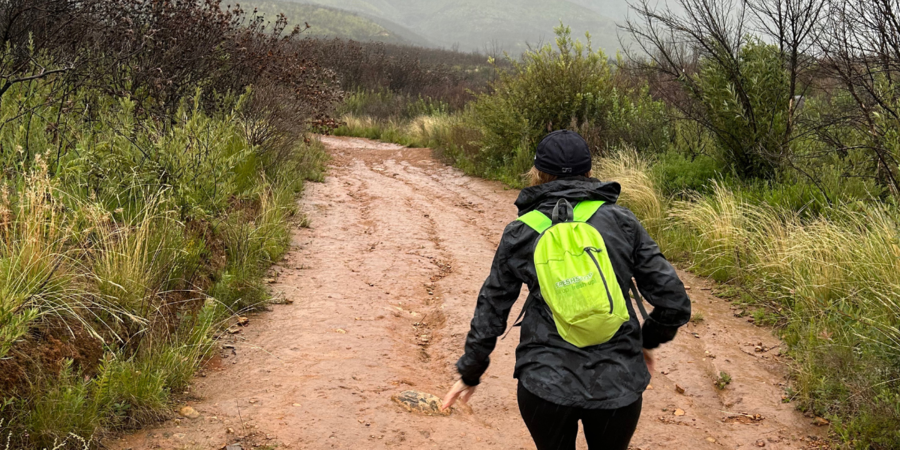Journeying along the Camino de Santiago is not only a personal pilgrimage but also an opportunity to practise sustainable travel. Traversing Spain, Italy, France, and Portugal, these ancient paths merge cultural depth, spirituality, and physical trials. It winds through stunning landscapes, offering a rare mix of cultural exploration, reflective spirituality, and bodily tests.
Walking these Camino routes, it’s vital to think about our environmental impact and effects on host communities. Treading sacred paths requires mindfulness of our ecological footprint and its influence on welcoming local societies. We delve into sustainable Camino travel, aiding local economies and safeguarding the trail’s timeless beauty and integrity.
The Essence of Sustainable Travel
Sustainable travel is about making conscious choices that minimise our environmental impact and contribute positively to the communities we visit. On the Camino, this means choosing accommodations, eateries, and services that uphold eco-friendly practices and benefit the local economy.
Supporting Local Accommodations
Staying in locally-owned hotels, albergues, or guesthouses offers a more genuine and welcoming experience. It also directly supports the local economy, helping communities along the Camino thrive and grow.
These establishments often employ local residents, fostering job creation in small towns and villages. Moreover, many of these hotels are committed to sustainable practices, such as using energy-efficient lighting and water-saving fixtures, which align with the ethos of the mindful pilgrim.
At CaminoWays.com we offer pilgrims a variety of accommodation options, with each offering you a different experience. Each lodging type has unique features and amenities to match different comfort levels and budgets. From basic to more luxurious stays, there’s something to suit every pilgrim’s needs and preferences.
Albergues
At the more basic end are albergues (hostels), offering pilgrims dormitory-style rooms and shared facilities, creating a communal atmosphere that many seek for the authentic Camino experience. The classic Camino Albergues are public, run by ‘Hospitaleros’ (Camino volunteers), and can’t be booked in advance. Beds in dorms are allocated on a first-come-first-served basis.
*Please bear in mind that CaminoWays packages don’t include hostel accommodation, and we work with the best accommodation options for each route and section.
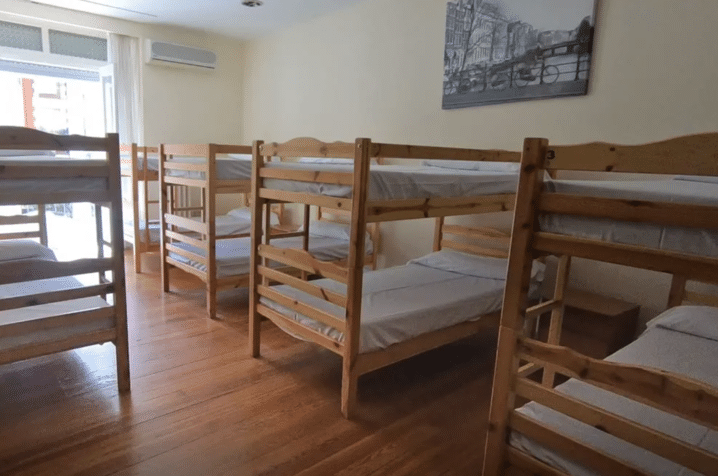
Guesthouses/ Pensiones
A step up in terms of privacy and comfort are guesthouses and small hotels. Guesthouses can be called ‘pensiones’, ‘hostales’ or ‘casa’, and they are small family-run businesses. These establishments typically provide private rooms with en-suite bathrooms and a warm, personalised service. These are included in our Standard Accommodation.
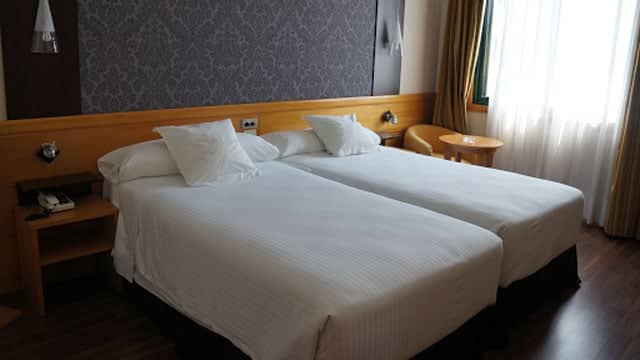
Casa Rurales
Casas Rurales, or country cottages, are a relatively recent development in the hospitality industry in Galicia and North West Spain and have brought new life to many rural communities. These are often set in rural areas and offer superior comfort in a rustic setting, allowing you to connect with the region’s natural beauty. Our Country Cottage Accommodations include these.
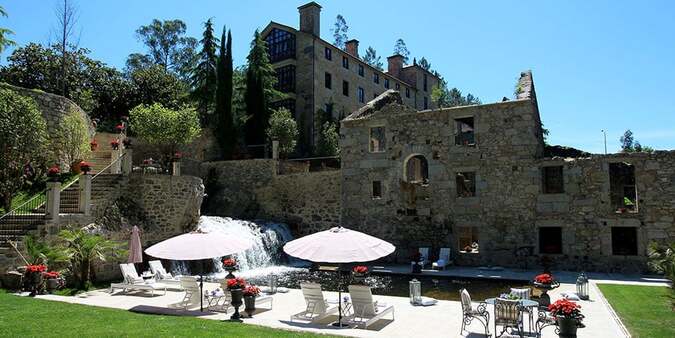
Superior Hotels
Further elevating the comfort scale are 4- and 5-star hotels, which deliver a luxurious experience with top-notch amenities and services. These high-end options are for those who wish to complete their pilgrimage without compromising on any creature comforts. Our Superior Collection Accommodations include these.
Paradors
For those interested in soaking up the local heritage while enjoying first-class amenities, Paradors offer the ultimate luxurious experience. A Parador is a luxury hotel belonging to the state-run company Paradores in Spain. They are usually historic buildings such as castles and monasteries, buildings located in nature reserves and areas of outstanding beauty. They offer a unique blend of comfort and history. Our Superior Collection Accommodations include these.
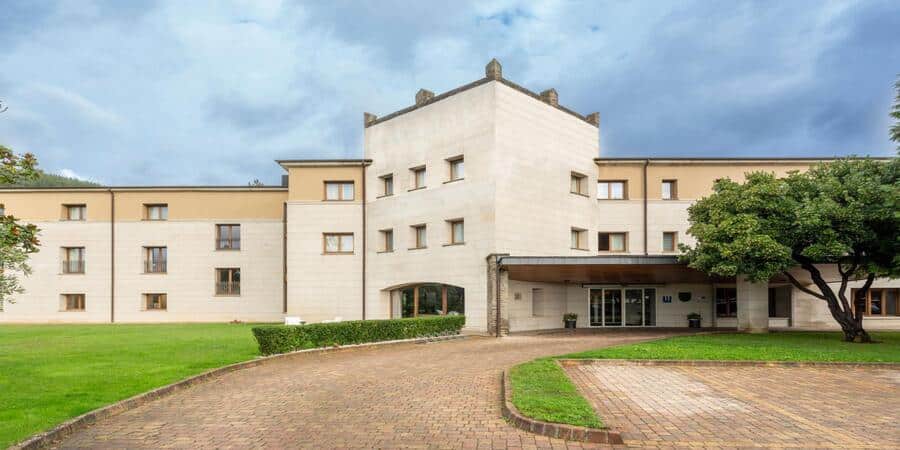
Savouring Local Flavours
The Camino de Santiago passes through regions renowned for their culinary heritage such as Burgos, named Spain’s gastronomic capital for 2018. By dining in local restaurants and cafes, you not only enjoy fresh, regionally sourced dishes but also support the livelihoods of local farmers and producers. This practice helps reduce the carbon footprint associated with transporting food long distances and promotes the preservation of traditional cuisines and agricultural practices.
Shopping Locally
Small towns and villages along the Camino often boast artisan shops and markets such as Mercado de Abastos in Santiago de Compostela Old Town, offering handcrafted goods and local produce. Purchasing these items not only provides you with unique souvenirs but also supports the artisans and farmers who rely on the pilgrimage economy. This direct support helps sustain traditional crafts and farming methods, contributing to the cultural richness of the Camino.
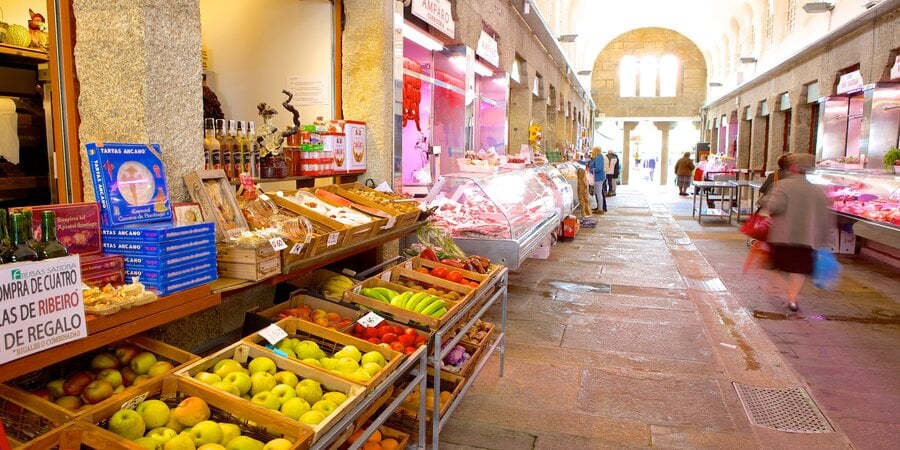
Reducing Your Environmental Footprint
The act of walking the Camino or cycling the Camino itself is a form of sustainable travel, significantly reducing the carbon emissions associated with vehicle transportation. Pilgrims can further minimise their environmental impact by adopting practices such as carrying reusable water bottles, and reusable coffee cups, avoiding single-use plastics, and disposing of waste responsibly.
Engaging with the Community
Sustainable travel on the Camino extends beyond economic support to include meaningful engagement with local communities. This can involve participating in festivals along the Camino and cultural events, volunteering for environmental or social projects, or simply taking the time to learn about the local history and traditions. Such interactions enrich the pilgrimage experience and foster mutual respect and understanding between pilgrims and residents.
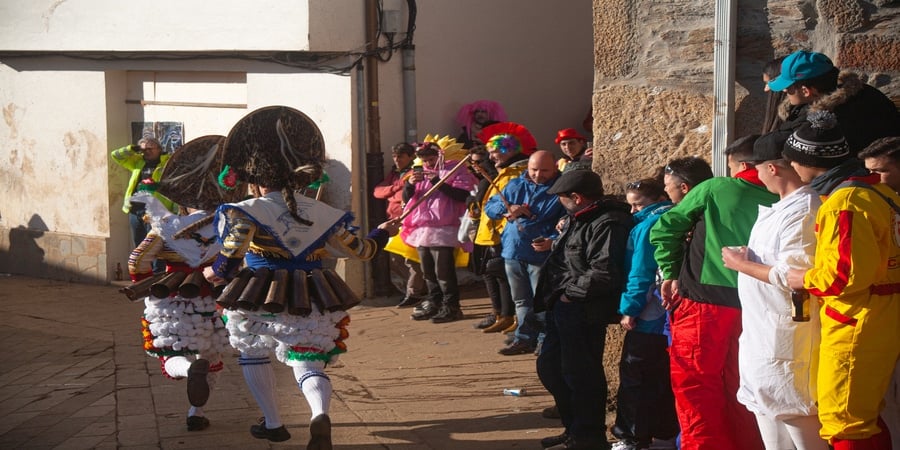
Traveling Responsibly
So being a responsible pilgrim also means respecting the natural and cultural heritage of the Camino. Stick to marked trails to prevent erosion, respect private property, and be mindful of noise levels in quiet towns and rural areas. These simple acts of consideration ensure that the Camino remains a welcoming and sacred space for future generations.
Sustainable Camino travel blends environmental care, local economy support, and deep cultural connections. Mindful choices in lodging, dining, and interaction amplify positive community and landscape impacts.
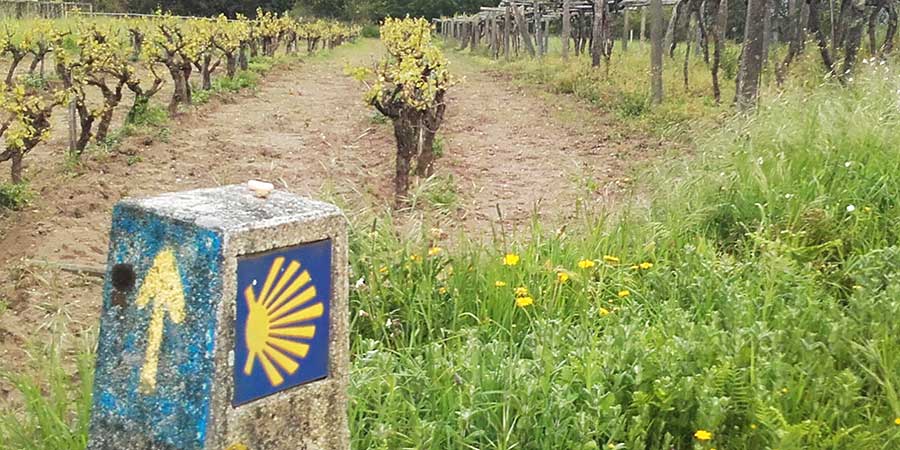
For more information on Camino routes or to book your pilgrimage, contact us. Plan your trip effortlessly and get an instant quote with our Camino Planner.
